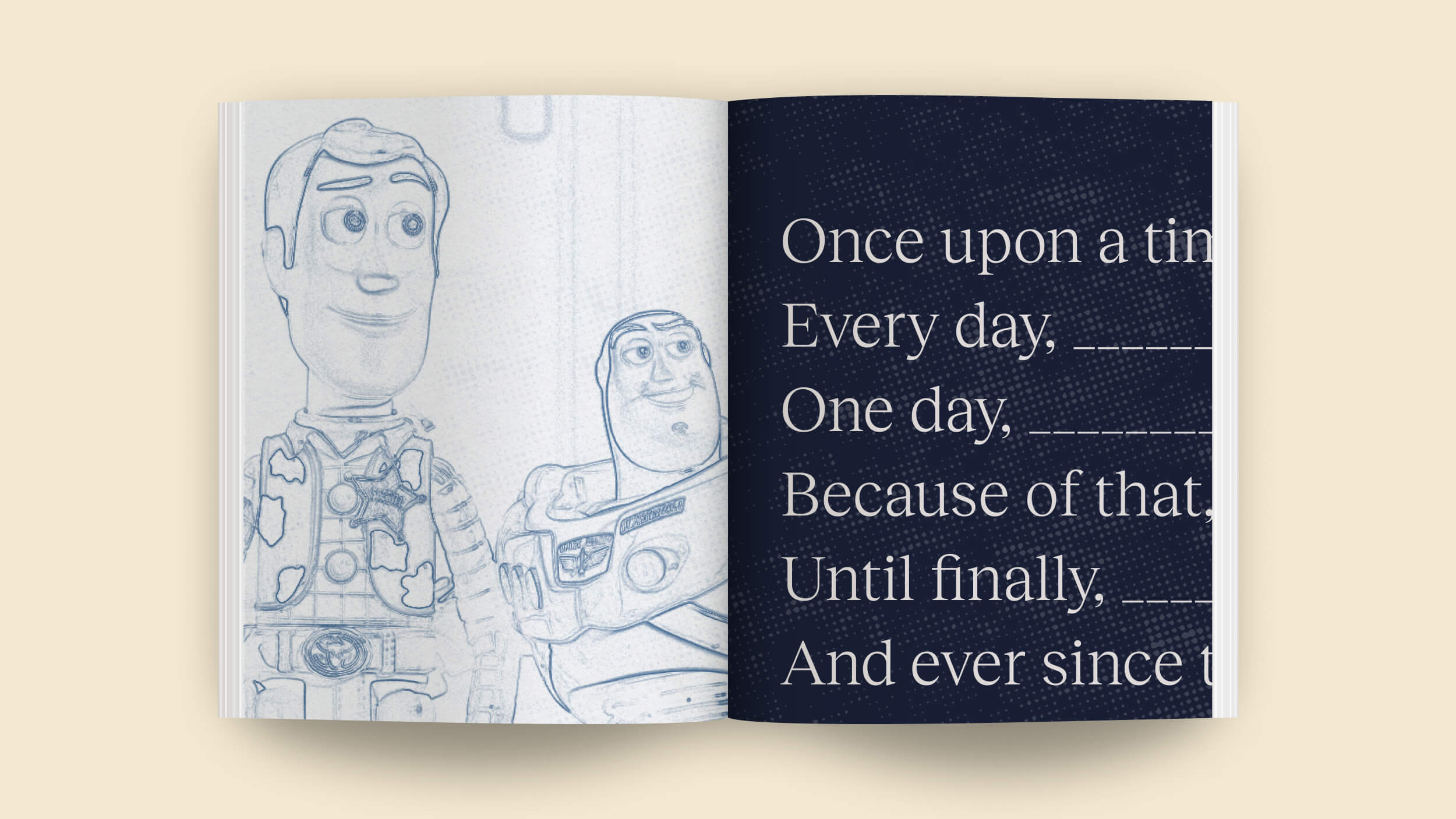Ferguson talks about getting through the chaos of information.
Question: What is the challenge of historical interpretation?
Ferguson: Begin with as little as possible. Ideally without a hypothesis, without any preconception. You read. More than any other activity, history involves the assimilation – and this is particularly true of the kind of history I do at the modern end – of vast quantities of documentation.
And you have to eat voraciously and indiscriminately this raw material in order to try to get a sense, first of the chaos of the past, because the historical process is not like a novel or a play. It doesn’t actually have a naturally recurring, dramatic or narrative structure. It’s chaos. It’s a mess. And the first challenge is to confront that chaos.
Thomas Carlyle put this very well when he said that the past was an ever-changing chaos of being. So the first thing is to embrace the chaos. Immerse yourself in it. And once you’ve done that, then, if you’re lucky, you will begin to discern some kind of structure that you can impose on this chaos to make it intelligent. And the process of making it intelligent was the ___________; how you can craft some understandable analysis, which you then try to pass on to the people living to explain what it was like. As Rancor said, part of what we’re doing as historians is trying to explain these ____, what it was essentially like. And that’s what historians are supposed to do. We don’t always succeed in doing that, but that is ideally what a historian does.
Recorded on: Oct 31 2007






